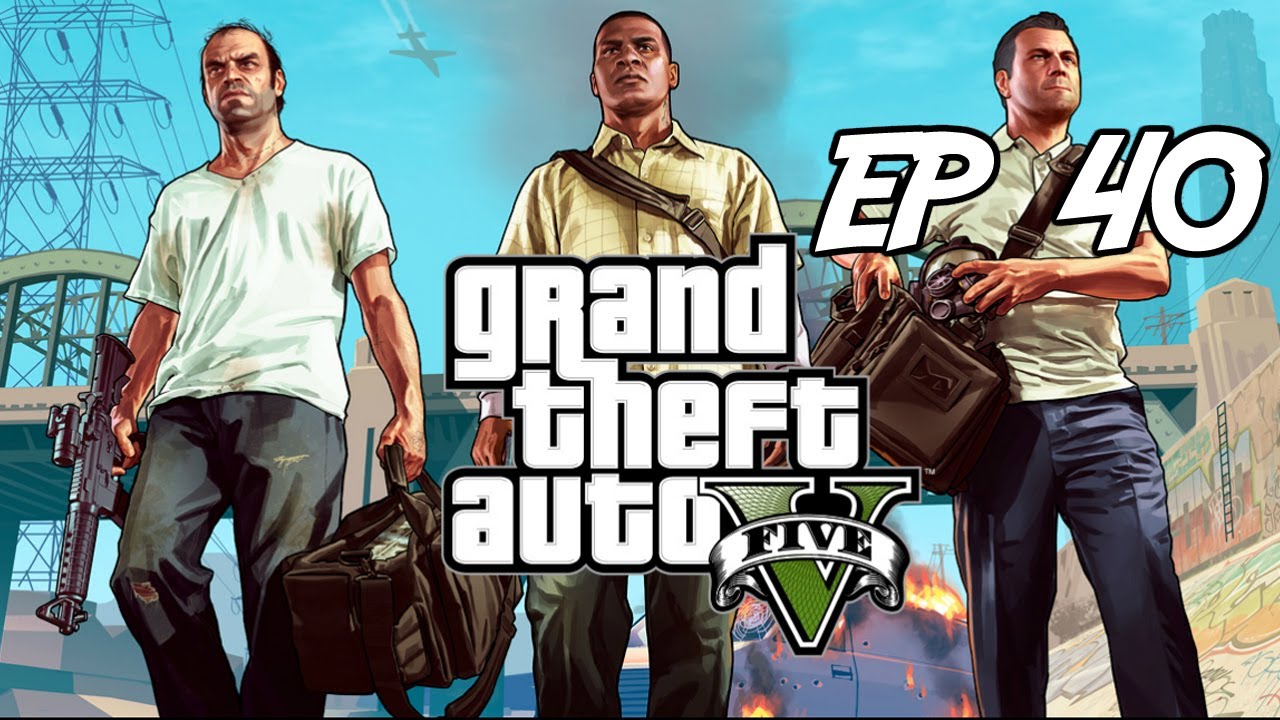Call of Duty is one of the most influential and successful first-person shooter (FPS) franchises in the history of video games. Developed initially by Infinity Ward and published by Activision, the series began in 2003 and has since expanded into a cultural phenomenon. With dozens of installments, billions in revenue, and a global fanbase, Call of Duty has shaped the modern FPS genre. This article explores the series from its World War II roots to its current dominance in multiplayer and battle royale gaming.
1. The Origins: Call of Duty (2003)
A New Contender in the FPS World
When the first Call of Duty launched in 2003, it entered a market already occupied by Medal of Honor and Battlefield. However, its cinematic presentation, AI squad mechanics, and intense pacing quickly set it apart.
WWII Realism and Impact
The original game emphasized historical accuracy and immersion. Players experienced the war through American, British, and Soviet perspectives, with missions designed to reflect real historical events. It received universal acclaim for its authenticity and storytelling.
Highlights
- Developed by former Medal of Honor creators
- Emphasis on squad-based gameplay
- Multiple campaign perspectives
2. Expansion and Refinement: Call of Duty 2 and 3
Call of Duty 2 (2005)
With the launch of the Xbox 360, Call of Duty 2 showcased the franchise’s leap into the next generation. It improved AI, graphics, and level design, making it one of the early showcases for HD gaming.
Call of Duty 3 (2006)
Developed by Treyarch, CoD 3 kept the series grounded in WWII but focused more on vehicle combat and console play. While not revolutionary, it expanded the series' reach.
Gameplay Innovations
- Regenerating health (CoD 2)
- Enhanced voice acting and immersion
- Console-optimized multiplayer modes
3. Modern Warfare Revolution: Call of Duty 4 (2007)
A Genre-Defining Shift
Call of Duty 4: Modern Warfare marked a major shift from historical settings to modern military conflict. The move reinvigorated the franchise and influenced nearly every FPS that followed.
Multiplayer Breakthrough
Modern Warfare introduced persistent progression, killstreaks, perks, and customizable loadouts—a blueprint for online shooters. Its balance and pacing were lauded by casual and competitive players alike.
Game-Changing Features
- Iconic campaign missions (e.g., "All Ghillied Up")
- Revolutionary multiplayer design
- Deep weapon customization
4. The Golden Age: Modern Warfare 2 and Black Ops Series
Modern Warfare 2 (2009)
This sequel expanded on every aspect of its predecessor, delivering a bombastic campaign and refined multiplayer. The introduction of the controversial "No Russian" mission pushed boundaries in gaming narratives.
Black Ops (2010)
Treyarch's Black Ops focused on Cold War-era espionage, introducing zombies mode as a core feature and building an entirely new fanbase.
Key Features
- Spec Ops missions
- Improved killstreak systems
- Introduction of Zombies mode
5. Annual Releases and Franchise Fatigue
Rise of Annualization
By the early 2010s, Activision began releasing a new Call of Duty title every year, rotating among Infinity Ward, Treyarch, and Sledgehammer Games.
Critical Reception vs. Commercial Success
Though most entries sold millions, fans started to criticize the series for lack of innovation, recycled mechanics, and bloated campaigns.
Challenges
- Innovation vs. expectation
- Community backlash
- Over-saturation of market
6. Advanced Warfare and Future Combat
Exploring Futuristic Settings
Titles like Advanced Warfare (2014) and Infinite Warfare (2016) took the series into the future with exo-suits, space combat, and new technology. These games featured Hollywood actors and attempted narrative reinvention.
Mixed Reception
While some praised the fresh direction, others felt disconnected from the core Call of Duty identity. Infinite Warfare, despite solid gameplay, faced heavy backlash at reveal.
7. The Return to Roots: WWII (2017) and Modern Warfare (2019)
WWII Resurgence
Call of Duty: WWII marked a return to the franchise's origins, focusing on historical storytelling and boots-on-the-ground gameplay. It was a response to fan demand for classic CoD.
Modern Warfare Reboot
The 2019 reboot reimagined Modern Warfare with gritty realism, moral complexity, and new characters. Its new engine set a technical benchmark.
Highlights
- Tactical realism
- Reworked multiplayer mechanics
- Warzone introduction
8. Warzone and the Battle Royale Era
Call of Duty: Warzone (2020)
Warzone launched as a free-to-play battle royale and instantly became a massive hit. Featuring 150-player lobbies, contracts, the Gulag, and cross-platform play, it reinvented CoD's multiplayer presence.
Ongoing Support and Integration
Warzone is regularly updated with content from new CoD titles, maintaining engagement through seasonal events and cosmetics.
9. Black Ops Cold War, Vanguard, and MWII (2020–2022)
Blending Eras and Studios
These titles expanded Warzone, pushed narrative experimentation, and offered varied gameplay styles. Vanguard returned to WWII with a new global narrative, while Cold War explored spy thriller aesthetics.
Player Response
Reception varied. While many praised the mechanics and graphical improvements, others criticized lack of originality and Warzone fatigue.
10. The Future of Call of Duty
New Engines and Studio Strategies
Modern Warfare III and future entries are expected to leverage unified engines, tighter integration, and longer development cycles to ensure quality and reduce fatigue.
Mobile and Global Expansion
Call of Duty: Mobile and the rumored Warzone Mobile represent Activision's push into new markets, attracting casual and international gamers.
Looking Ahead
- Unified CoD platform strategy
- New campaign models and live service
- Potential acquisition by Microsoft to shape future content
Conclusion
Call of Duty remains a titan in the gaming industry, balancing blockbuster storytelling, top-tier mechanics, and competitive multiplayer. While it faces challenges around annualization and evolving player expectations, its legacy and continued popularity are undeniable. Whether you're a long-time veteran or a new recruit, there's a Call of Duty title that offers something engaging, intense, and unforgettable.





























